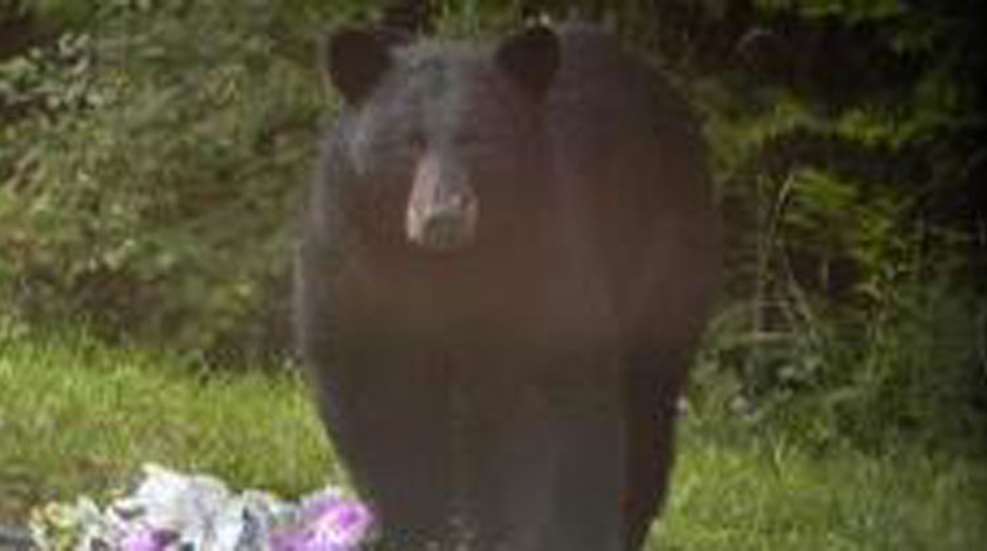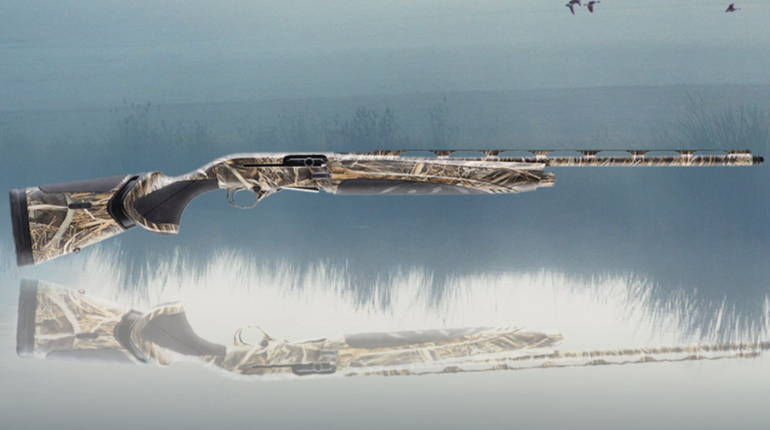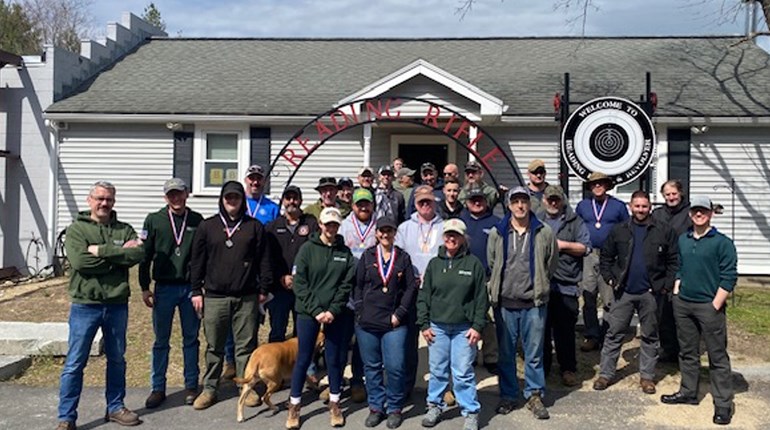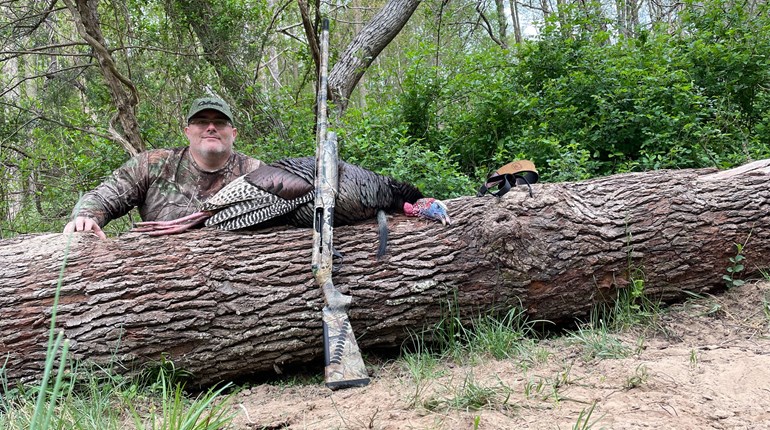
As America's urban sprawl spreads further into areas that were formerly wild, more and more people are coming into unexpected contact with wildlife—particularly bears. Savvy suburban dwellers already know that bears have an exquisite sense of smell, and that, as omnivores, they're prepared to eat just about anything. Although these creatures may be perfectly equipped to hunt and gather their own food in the wild, it's important to remember that bears (like many people) are opportunistic feeders and love a free lunch just as much as anyone. The problem is that bears that become habituated to the easy food sources that humans offer, such as garbage or pet food, can often become dangerous to people. Forrest Hammond, bear project leader with Vermont Fish & Wildlife, notes that "Sadly, these bears sometimes need to be put down in order to protect human health." However, there's one possible nuisance-bear attractant that many people may overlook: composting. And, as summer slowly turns to autumn, it's ever more important to be vigilant about not attracting bears to your home.
As the weather changes, notes the Vermont Fish & Wildlife department, bears are "already thinking about winter, and are currently in search of easy calories to fatten up." And unfortunately, that environmentally friendly compost pile offers plenty of easy calories. However, there are several things you can do to keep your compost pile without increasing the chances of bear/human conflicts. Hints include:
Of course, it's important to remember that there are many food sources that can draw bears. "If you live where bears are common, your trash and pet food bins must be properly secured, using a bear-proof container if necessary," says Hammond. The Vermont Fish & Wildlife Department also recommends that bird feeders be removed between April 1 and November 30, and that beehives and chicken coops should be secured with electric fencing in bear country.
For more information on living with black bears, visit the "Living with Wildlife" page at vtfishandwildlife.com.
Image courtesy Vermont Fish & Wildlife
As the weather changes, notes the Vermont Fish & Wildlife department, bears are "already thinking about winter, and are currently in search of easy calories to fatten up." And unfortunately, that environmentally friendly compost pile offers plenty of easy calories. However, there are several things you can do to keep your compost pile without increasing the chances of bear/human conflicts. Hints include:
- Maintaining a compost bin that is as scent-free as possible;
- Adding three parts carbon-rich "brown" materials like dry leaves, straw or ripped-up paper for every part food scraps;
- Turning the pile every couple of weeks and burying fresh food scraps down in the pile;
- Avoiding adding meat scraps to the pile;
- Burying food scraps deeply in your garden (known as "trench composting"); or
- Using a home solar disgester such as the Green Cone or Algreen's Solar Digester.
Of course, it's important to remember that there are many food sources that can draw bears. "If you live where bears are common, your trash and pet food bins must be properly secured, using a bear-proof container if necessary," says Hammond. The Vermont Fish & Wildlife Department also recommends that bird feeders be removed between April 1 and November 30, and that beehives and chicken coops should be secured with electric fencing in bear country.
For more information on living with black bears, visit the "Living with Wildlife" page at vtfishandwildlife.com.
Image courtesy Vermont Fish & Wildlife






































